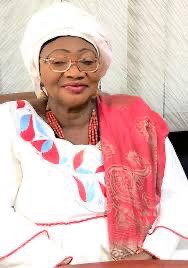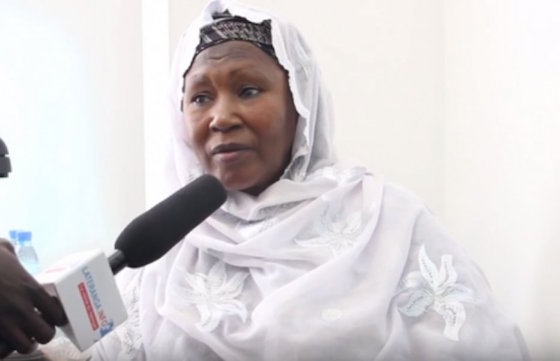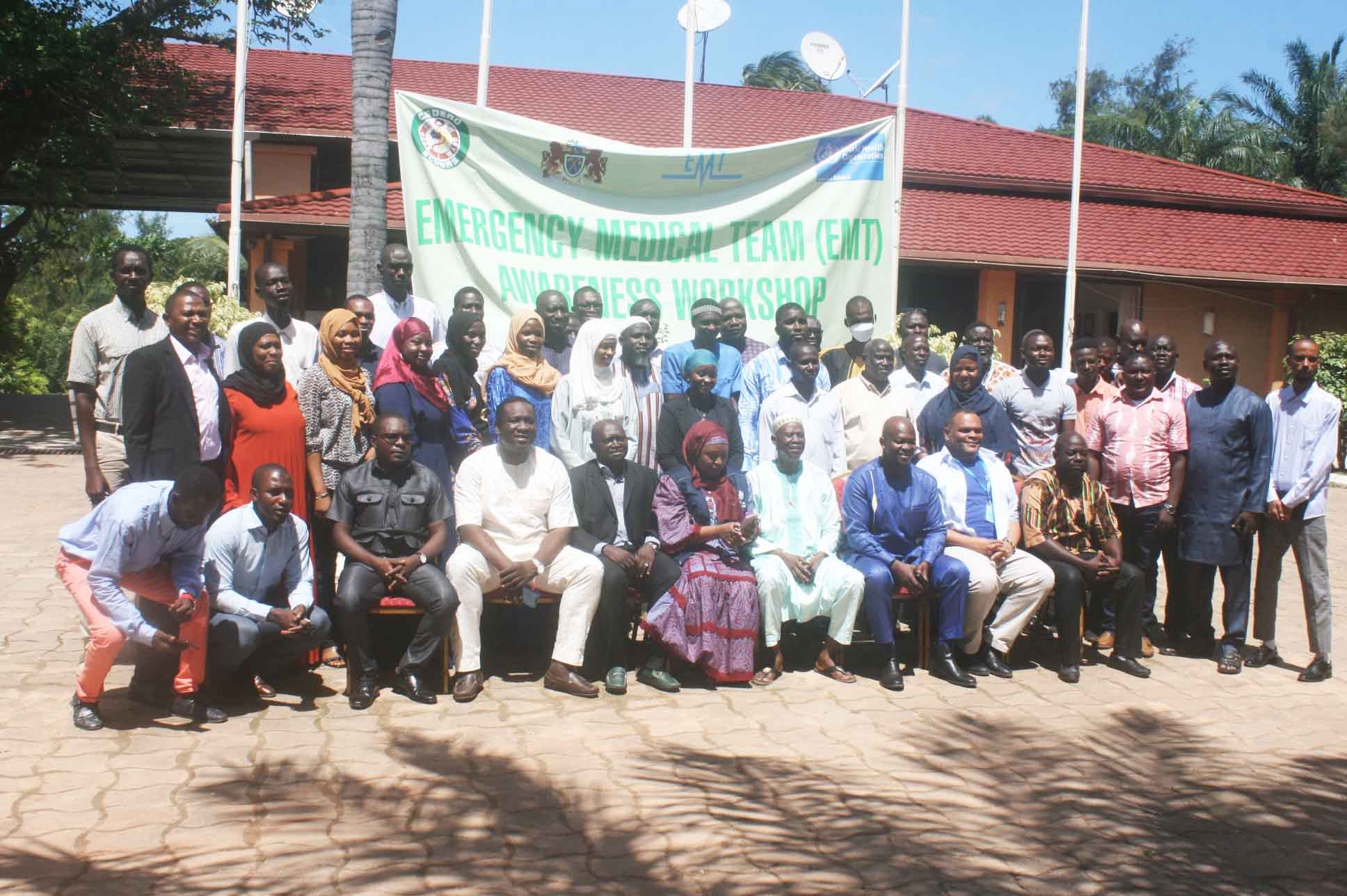By: Nyima Sillah
Aja Binta Jammeh Sidibe, one of the top women’s rights activists in The Gambia has bellowed out that women should be left to handle their affairs themselves.
“We have come a long way but the issue to repeal the FGM law is threatening us, taking us backward and it is men that are in the center stage of this. Women should be left alone to handle their affairs themselves,” the women rights activist said to The Voice in a recent interview.
She explained that if they (women) had won at least 30-50% of votes in the National Assembly, it would have been a different issue because the Bill would have had a strong backup and would have made it easy for the women to make decisions with issues regarding women affairs.
Madam Sidibe, a Former Executive Director of the Women’s Bureau pointed out that it is about time that women start voting for their fellow women, get away with the fear, and be brave enough to do away with all fear of insults and fear of character assassination.
In a calm voice, she called on women to support each other financially, and get funding to help fellow female candidates as politics is expensive taking into consideration the economic situation in the country, they should all come together and show solidarity.
“Women’s representation in decision-making is still lacking. We still have to have more women. That is why data collection is important because with it we can hold the government accountable. We are the majority, if we support each other and vote for each other I think this inadequate of women’s representation will be a thing of the past,” she lamented.
She strongly advocated for women’s involvement in voting saying “Women should vote for women and men should vote for women, too, because women have been voting for men awhile. That is the only way to remedy the situation and fight to end low women’s representation in decision-making tables.”
The Women’s Rights advocate rang it to people’s ear that women are the majority if they collaborate, they will get the leadership role they deserve, adding that parliament is where all decisions are made and it is crucial to have a high representation of women in this place and other decision-making levels including communities and homes.





